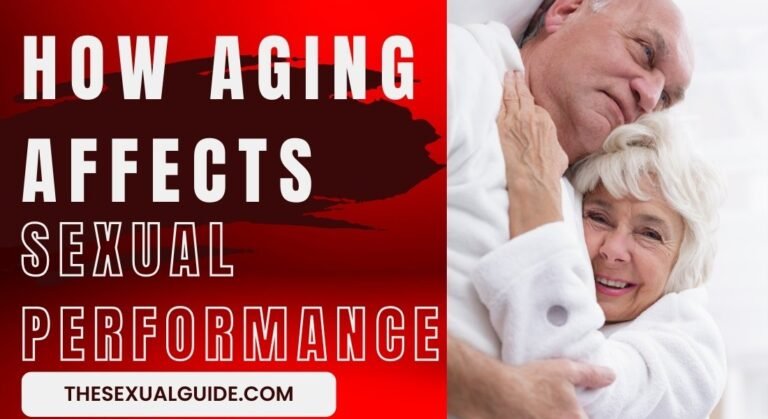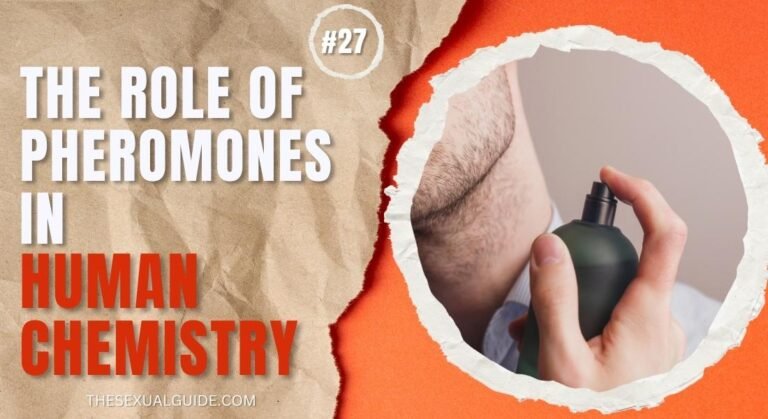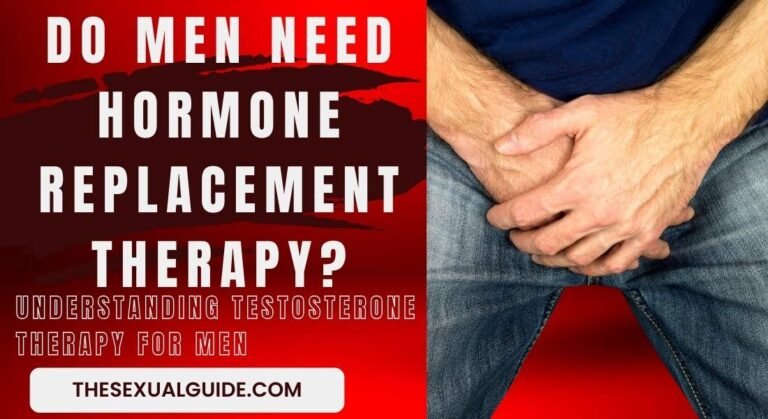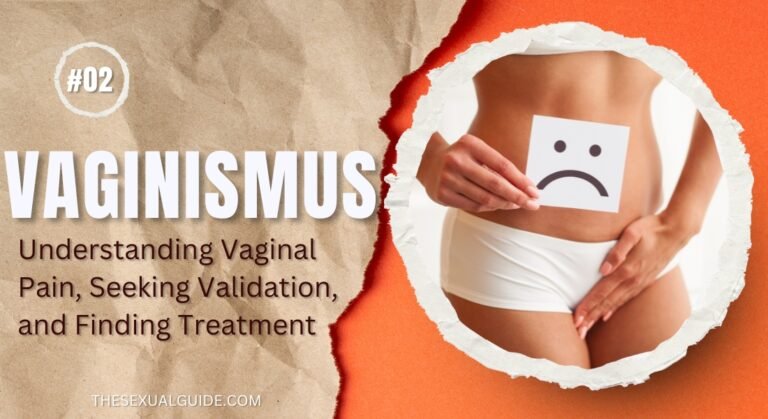Sexual desire, commonly referred to as libido, varies significantly among individuals.
Understanding the factors that contribute to these differences can provide insight into human sexuality and help address concerns related to sexual health.
Biological Factors Influencing Libido
Hormonal Influences
Hormones play a pivotal role in regulating sexual desire.
- Testosterone: Often associated with male sexuality, testosterone is present in both men and women and is linked to increased libido. Fluctuations in testosterone levels can influence sexual desire.
- Estrogen and Progesterone: In women, these hormones fluctuate during the menstrual cycle, affecting libido. Some women experience heightened sexual desire during ovulation when estrogen levels peak.
Neurotransmitters
Brain chemicals also impact sexual desire.
- Dopamine: Associated with pleasure and reward, increased dopamine levels can enhance libido.
- Serotonin: Higher serotonin levels are linked to reduced sexual desire, which is why some antidepressants that increase serotonin can lead to decreased libido.
Psychological Factors
Mental Health
An individual’s mental state significantly affects their sex drive.
- Stress and Anxiety: High stress levels can suppress sexual desire.
- Depression: Often linked to reduced libido, depression can diminish interest in sexual activity.
Past Experiences
Personal history plays a role in shaping sexual desire.
- Trauma: Past traumatic experiences can lead to aversion or decreased interest in sex.
- Cultural and Religious Beliefs: Societal norms and personal beliefs can either suppress or enhance sexual desire.
Relationship Dynamics
The nature of one’s relationship can influence libido.
- Emotional Intimacy: A strong emotional connection can enhance sexual desire.
- Communication: Open discussions about sexual needs and desires can lead to a more satisfying sexual relationship.
Lifestyle and Health
Daily habits and overall health impact sexual desire.
- Exercise: Regular physical activity can boost libido by improving mood and increasing energy levels.
- Diet: Nutrient-rich diets support overall health, which in turn can enhance sexual desire.
- Sleep: Adequate rest is essential; sleep deprivation can lead to decreased libido.
Addressing Erectile Dysfunction (ED)
For individuals experiencing ED, understanding the multifaceted nature of sexual desire is crucial.
Trusted providers like LibidoDepot offer solutions tailored to individual needs, helping individuals regain confidence and improve sexual performance.
Conclusion
Sexual desire is influenced by a complex interplay of biological, psychological, relational, and lifestyle factors.
Recognizing these elements can lead to a better understanding of oneself and foster healthier relationships.
Want to learn more? Visit LibidoDepot for trusted solutions.
Frequently Asked Questions About Differences in Sex Drive
What causes some people to have a higher sex drive than others?
Sex drive can vary based on a combination of factors including hormone levels (like testosterone), genetics, mental health, lifestyle, and relationship satisfaction.
Do men naturally have a higher sex drive than women?
While men typically have higher baseline testosterone levels, which can influence libido, sex drive is highly individual and influenced by both biological and psychological factors, regardless of gender.
Can stress or mental health affect sex drive?
Yes. High stress, anxiety, and depression can lower libido, while positive mental health and emotional well-being can increase sexual desire.
Is a high sex drive considered normal?
A high sex drive is normal as long as it doesn’t interfere with daily life or relationships. What’s “normal” varies from person to person, and concern only arises if it causes distress or dysfunction.
References
- Sex drive: Theoretical conceptualization and meta-analytic review of empirical studies
- Male Sexual Desire: An Overview of Biological, Psychological, and Sociocultural Factors Influencing Desire
- Sex drive and sociosexuality moderated by gender identity and gender identity fluidity
- Psychological Factors Involved in Sexual Desire, Sexual Activity, and Sexual Satisfaction: A Multi-factorial Perspective
- Strategies for Mitigating Sexual Desire Discrepancy in Relationships
- Women and Men's Perspectives on the Factors Related to Women's Sexual Desire






